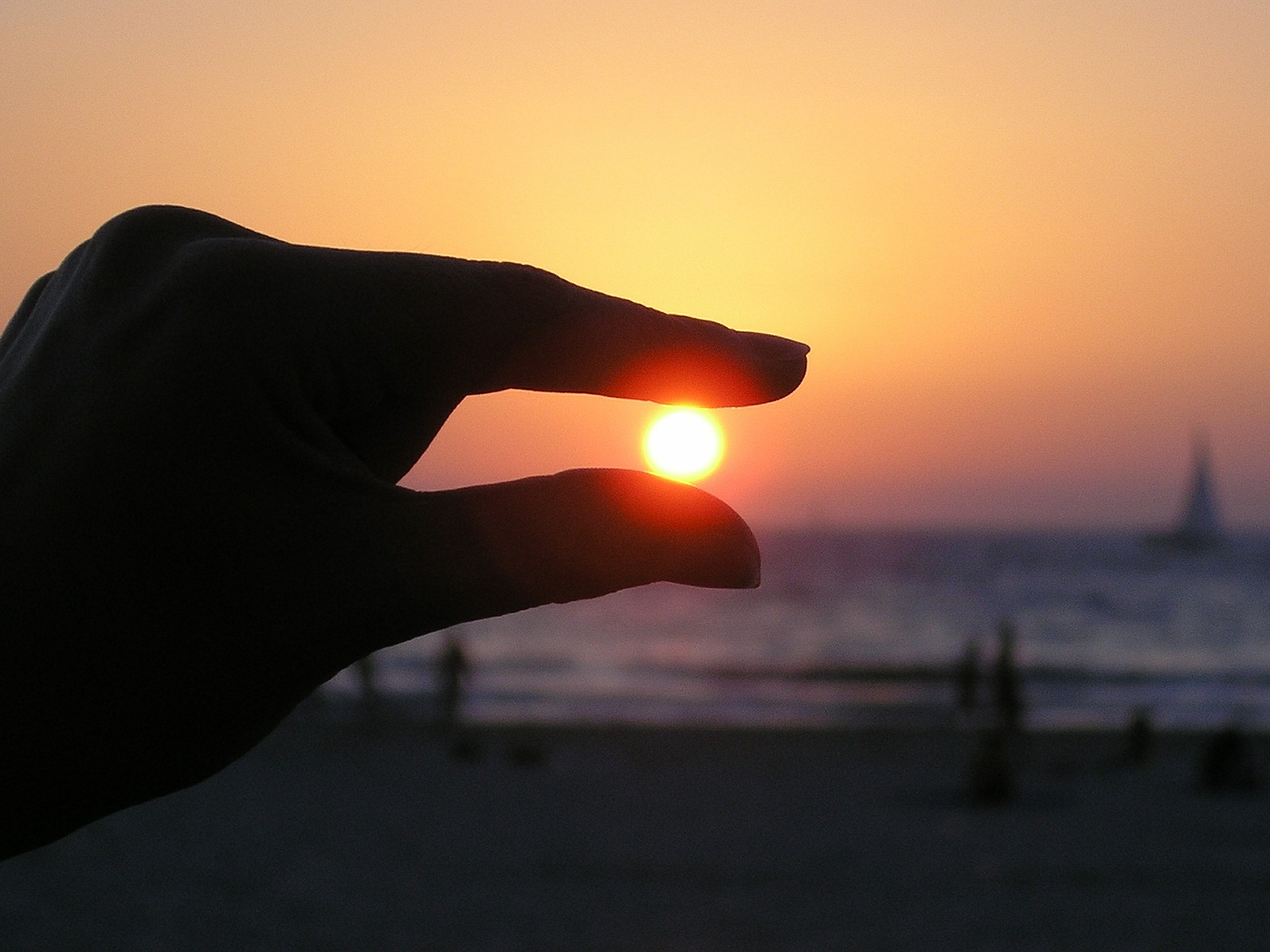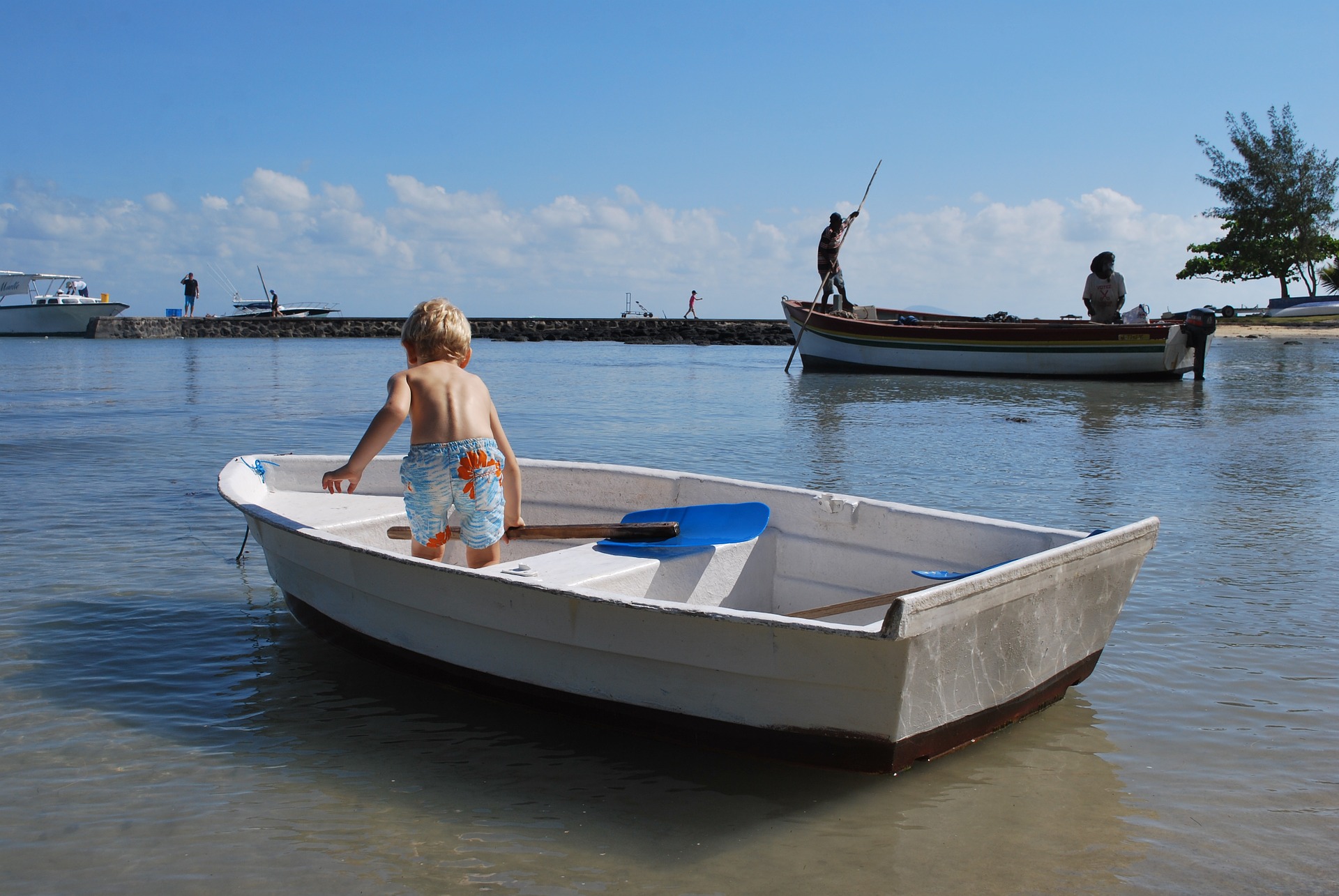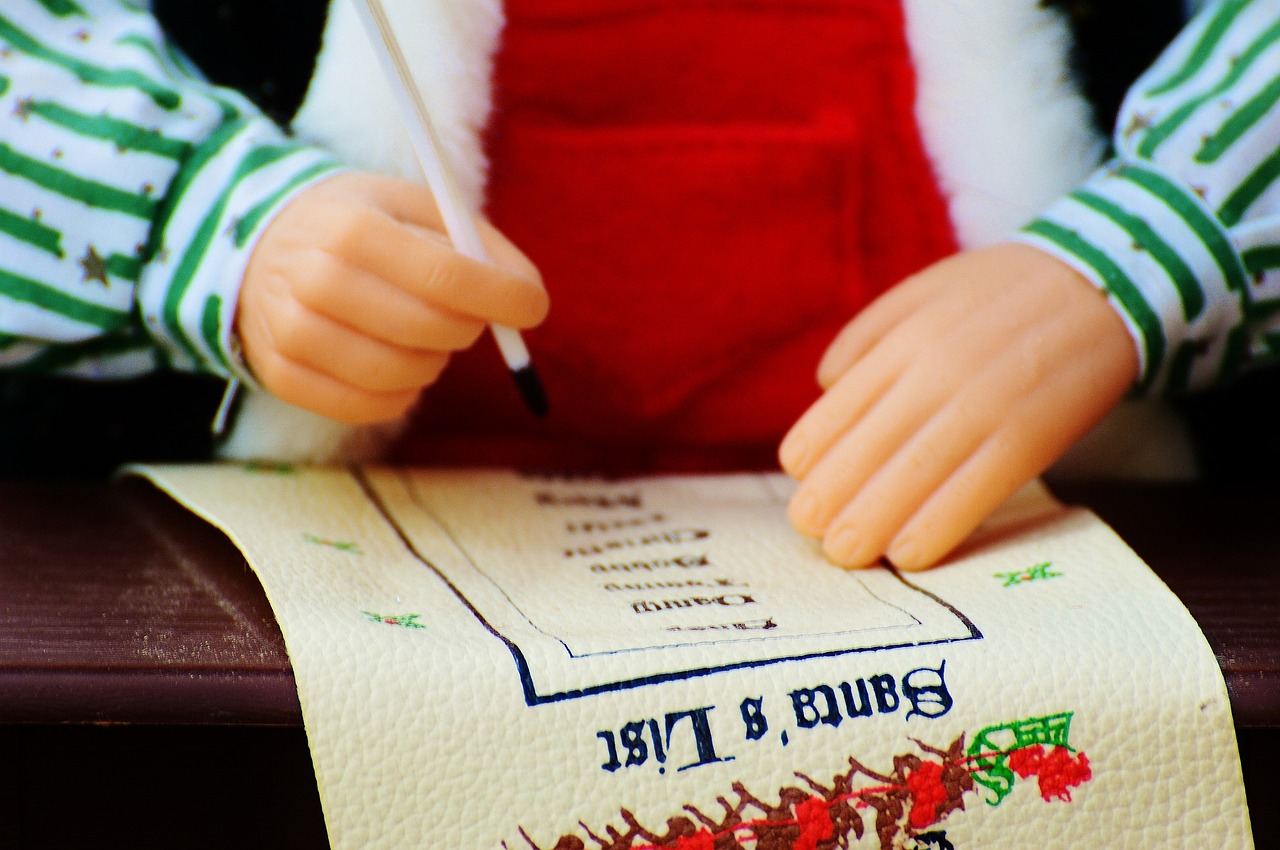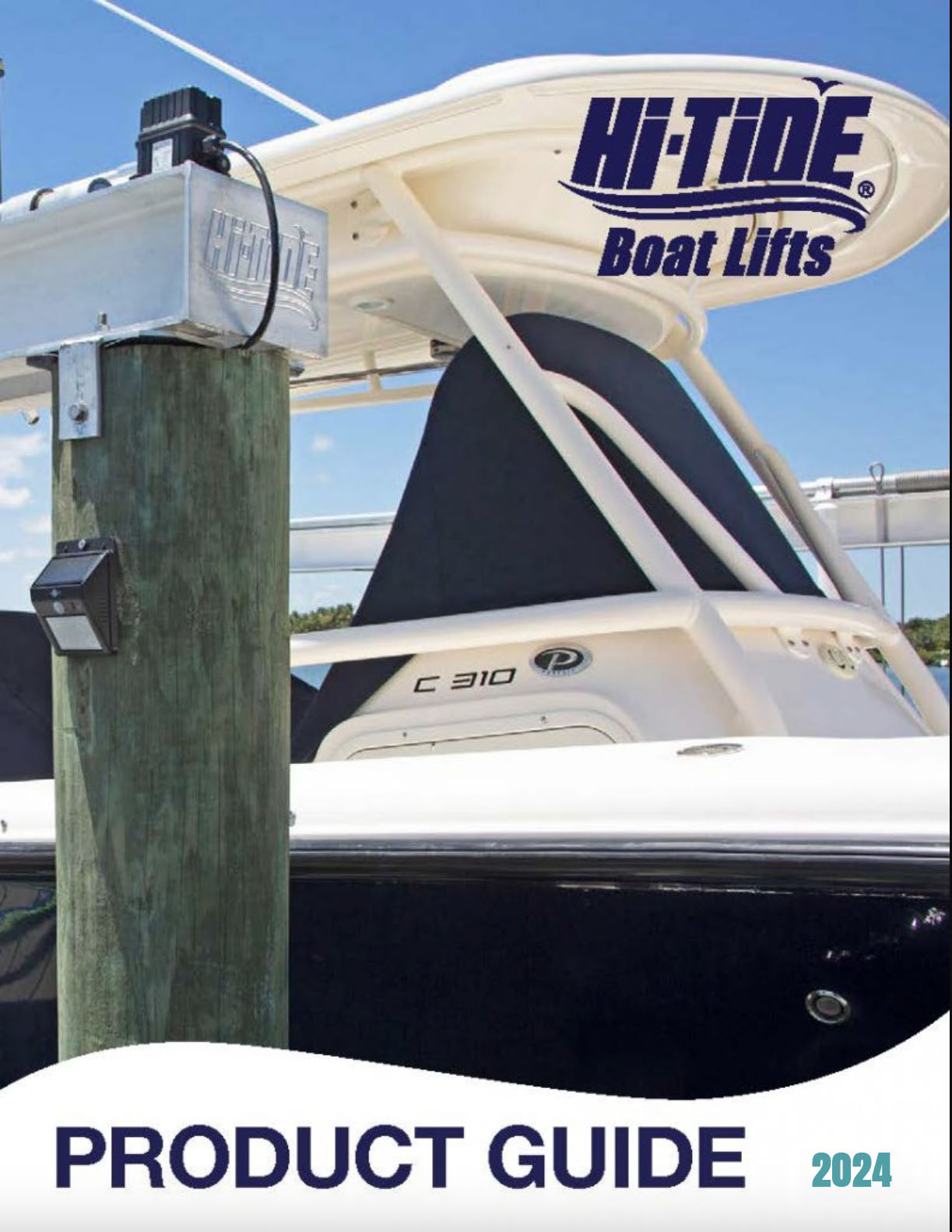
Florida is called the Sunshine State for a reason; we enjoy months of warm weather and plenty of opportunities to soak in some rays while boating or on the beach. However, it’s not all good times if you’re not keeping sun protection in mind. Though the sun provides some great health benefits, it is also extremely dangerous if you don’t respect its dangers. With these sun protection tips, we list a few ways that you can limit damage while on your next boating or beach trip.
Sun Protection Tips for the Whole Family
- Eyes on Safety: Did you know that eyelids are extremely susceptible to skin cancer? Many let their eyes go unprotected, skipping sunscreen coverage around their eyes and not utilizing sunglasses — a terrible mistake when you consider how delicate this skin is. Sunglasses also reduce strain on eyes and can help with visibility while you’re on the water. Also, consider wearing a wide-brimmed hat or baseball cap to keep those sun rays out of your eyes.
- Coverage is Key: Sure, sometimes your goal is to get a nice tan, but when you’re simply enjoying some time in the great outdoors, you may want to look into sun-safe clothing. From hats to swimsuit tops, sun-safe clothing is measured on the Ultraviolet Protection Factor (UPF) scale and blocks dangerous UV radiation from damaging your skin while in the elements.
- Sunscreen is Unskippable: Never forget to apply sunscreen anytime you’re hitting the beach, the boat or, really, anywhere outdoors, especially in the dog days of summer. The rule of thumb is to use broad-spectrum protective, SPF 30+ sunscreen with water resistance for adequate sun protection. Apply the sunscreen on all areas of your body not covered with clothing, and utilize an SPF-rated lip balm to protect your lips (another often-forgotten spot in need of sun protection).
Sun protection is a safety measure that can easily take the back seat when planning your boating trip. Trust us when we say that this is one factor worth considering for the long-term safety of yourself and those boating with you. Get serious about sun protection so that you can focus on the goal of your trip in the first place — having fun with those you love.

Boating is a treasured pastime that many boating and fishing enthusiasts around the globe enjoy passing on to the next generation. There is nothing quite like sharing the experience of being on the water with your family and, hopefully, inspiring them to share this passion with their family someday. Though boating is a perfect family outing activity, it is not one without risks that you need to consider in order to keep your kids safe. For that reason, we compiled a list of helpful boating safety tips for kids that can help make your day on the water as safe as possible for the little ones.
Boating Safety Tips for Kids
- Life Jackets Save Lives: We have recommended them before but this is a point worth repeating: you must have enough life jackets onboard for everyone. Before hitting the water, have your child try on the life jacket to ensure that it fits correctly, then enforce the use of it while on your trip.
- Swimming = Safety: Get your kids comfortable with swimming by enrolling them in swimming classes. It is also essential to teach them the dangers of swimming in open waters versus swimming pools. Many kids don’t know the dangers of currents, waves and weather — all factors that can be big dangers to both children and adults.
- Never Out of Sight: Even when stationary, keeping an eye on your kids should be a top priority, as waves, wind or even just the rocking of the vessel can easily send an unsuspecting child overboard.
- Do Your Due Diligence: Don’t skimp on the safety basics that you should be practicing as a responsible boater. Keep up-to-date on maintenance, install carbon monoxide sensors and always ensure that your boat is equipped with enough fire extinguishers. This, with performing regular fire drills, can protect your family while on the water.
As you probably realize, many of these aren’t just boating safety tips for kids, but lessons we can all take with us while on the water. Just remember, preparation is a major key to boating safety. Take the time to purchase and install the right equipment, practice good safety habits and keep an eye on your little ones whenever enjoying a day of boating. We have a responsibility to the next generation of boaters to ensure that they learn how to enjoy our pastime the right way — with safety always in mind.

Water, especially water with high salinity, can be a big headache to many a metal surface if not properly protected. Unfortunately, many first timers and novice boaters do not know how to prevent corrosion on their vessel, often leading to costly repairs. Others fail to see the warning signs or truly understand how corrosion begins. We take a look at this ugly and potentially costly problem in order to discover the best methods of prevention.
Two Common Types of Corrosion
Stray Current Corrosion: Coming from internally or externally, this type of rapidly corroding reaction occurs when poorly insulated wiring causes electrical currents to run through the metal of your boat to reach a ground. A galvanic isolator is a viable solution for this fashion of corrosion, though it is also important to ensure that all of your wiring is properly insulated and secure as well.
Galvanic Corrosion: If two, electrochemically different metals are submerged in an electrolyte-heavy liquid, you’re bound to find corrosion. This is most prevalent in boating when looking at parts that use both aluminum and stainless steel. Since stainless steel is more active than aluminum, you may find that your aluminum parts show signs of corrosion more quickly than the steel. To help prevent this issue, many boaters use sacrificial anodes, designed to attract this corrosion away from the important and pricey parts that would otherwise be sacrificed. Look out for paint blistering and chipping away, as well as a whitening effect on your metals.
Though there are other forms of corrosion that pose a danger to your vessel, these are the two that can be the most dangerous and destructive. Ask a boating professional for further tips on what to look for when inspecting your boat, as well as how to prevent corrosion after enjoying your time on the water. A little preparation can go a long way towards saving you big money on your boat.
For more on understanding corrosion: BoatUS.com

Many take New Year’s Eve to toast the new year optimistically, popping champagne and celebrating with good friends and loved ones. If you own a boat, it’s a great excuse to get on the water and enjoy some nearby fireworks as you welcome midnight with friends, music and fun. However, many are tempted to add alcohol to the mix while operating their boat, leading to dangerous and potentially deadly results.
Let’s run down a few key facts before you decide to boat under the influence this New Year’s Eve:
- Drinking and boating is just as dangerous as drinking and driving, increasing boating fatalities by nearly 34%.
- Penalties for being caught drinking and boating include extensive fines, suspension or forfeiture of boating license and prison time if an alcohol-related fatality occurs.
- It is illegal to operate a boat with a blood alcohol concentration of .08 or higher.
- It is illegal for a minor to have a blood alcohol concentration of .o2 or higher while on your vessel.
- Physical or chemical tests may be used to determine your blood alcohol concentration if you are suspected of drinking and boating.
- It is also illegal to boat while impaired by other illicit drugs.
Though it may seem like a great opportunity to pop some bubbly or crack open a few cans with your best buds, it’s smart to assign a designated boat operator for the night or just enjoy a drink once safely back on shore. Beyond just a smart choice, remember that it’s also the law. Drinking and boating presents dangerous and unnecessary risks that could lead to you spending cash on tickets or time behind bars in 2016. Do we have to remind you that there’s no boating in jail? Didn’t think so.
That being said, we sincerely hope you welcome 2016 the right way: enjoying Florida’s beautiful waterways responsibly. Cheers!

We all know “he’s” checking his list and checking it twice, but are you? Now that your holiday shopping is through (hopefully), and you may be fortunate enough to enjoy some time off from work, it is the perfect time to create or review your semi-annual boating checklist; an important practice even for the most experienced of boaters.
A boating checklist very easily helps you keep track of maintenance and safety measures that can be literal lifesavers on your vessel.
Semi-Annual Boating Checklist
- Corrosion: Inspect your vessel from top to bottom in order to assess if there is any sign of corrosion to the engine control linkage, gear case, engine mounts, through-hulls and more.
- Electrical: Ensure that all wiring is approved for marine use, all wires are clear from the exhaust system and that the entire electrical system is protected by fuses or circuit breakers. Also, ensure that your battery is stored in a watertight container and adequately secured.
- Fuel: When refueling, be sure to never use gasoline that’s more than 10% ethanol, which could damage your engine. Check for any gas leaks, inspecting for rust, a loose fuel tank, cracked or stiff hoses and other signs of damage. Always have a fuel shut-off valve at both the tank and engine.
- Kitchen: If you have a kitchen onboard, be sure that your stove and heating devices are all for marine use, your cabin is ventilated to protect against carbon monoxide poisoning and your shut-off valve is properly secured.
- Safety: Check guardrails for corrosion, ensure that fire extinguishers have been checked within the past year and are easily accessible in case of a fire. In addition, inspect all personal floatation devices for damage and ensure that you have an EPIRB onboard to be easily found in an emergency situation.
A full semi-annual boating checklist can be found on the Discover Boating website, along with a conveniently downloadable PDF to print and utilize. Staying on your boat’s nice list has truly never been easier. With these important six-month reminders you can ensure that both you and your boat stay safe into the new year and beyond.






